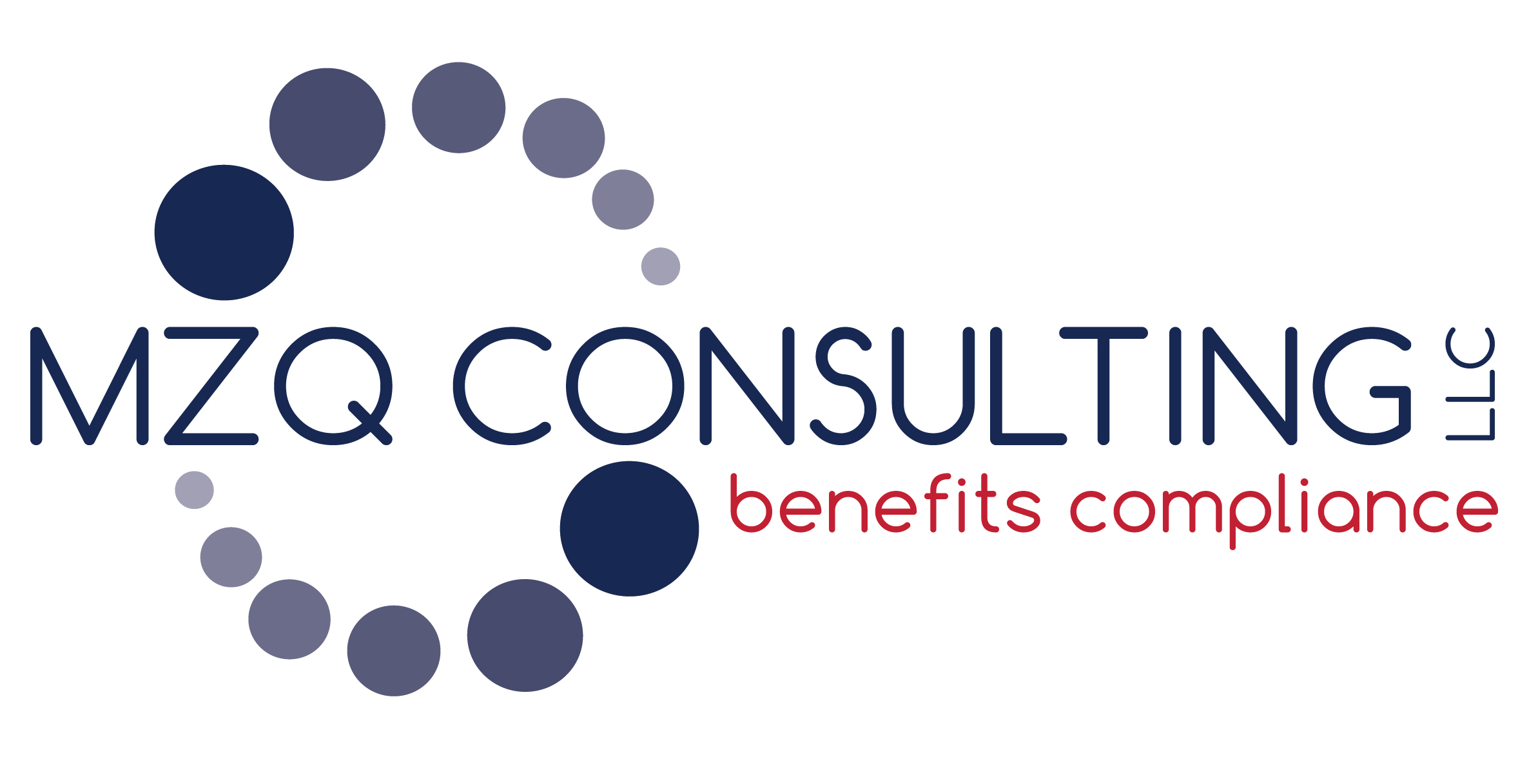Final Rules Issued on Employer-Sponsored Indemnity Insurance
 Prefer to listen instead of read? No problem! Listen to the blog post at any time by clicking here.
Prefer to listen instead of read? No problem! Listen to the blog post at any time by clicking here.
On March 28, 2024, the Departments of Health and Human Services (HHS), Labor, and the Treasury (collectively, the Departments) released final rules governing employer-sponsored indemnity insurance. This type of medical coverage is designed to provide limited-scope benefits and is therefore exempt from certain legal requirements that otherwise apply to major medical plans. As such, indemnity insurance is strictly regulated to ensure that consumers and employees understand what they are buying when they enroll in these plans.
Many employers offer hospital or other fixed indemnity insurance products designed to qualify as “excepted benefits,” meaning that they do not have to comply with the Affordable Care Act’s coverage mandates. Under these arrangements, the insurance policy must pay a fixed dollar amount per day (or per other time period) for a hospitalization or illness, regardless of the amount of expenses incurred. These plans are traditionally used as a form of income replacement upon the occurrence of a health-related event. They are not, nor have they ever been, a substitute for comprehensive coverage. Consumers have the option of using the fixed cash benefit as they wish, whether it be to cover out-of-pocket expenses not covered by comprehensive coverage, or to defray non-medical expenses such as rent or mortgage.
Notably, the guidance emphasizes that employer-sponsored indemnity plans are not permitted to reimburse participants on a per service basis, such as per doctor visit or surgical procedure. Thus, indemnity plans cannot provide benefits in varying amounts based on the type of procedure or item, such as the type of surgery being performed, or the type of prescription drug provided.
In proposed regulations issued last year, the Departments expressed concern regarding employers that offer these plans alongside medical plans that provide minimum essential coverage, but not minimum value (e.g., preventive-care only plans), and suggested prohibiting such arrangements. Specifically, the Departments were concerned that these arrangements are intended to circumvent the Federal consumer protections and requirements for comprehensive coverage that otherwise apply to employer-sponsored plans. Though the proposed prohibition was not adopted in the final rule, the Departments have indicated that they will continue to study the issue, noting that “[n]o inference should be drawn from the decision not to finalize the proposed . . . example[s].”
The Departments did finalize requirements relating to strict new notices that must be provided to employees who are offered indemnity insurance. These notices point out the differences between fixed indemnity excepted benefits coverage and comprehensive coverage. For plan years beginning on or after January 1, 2025, any employer offering hospital indemnity or other fixed indemnity coverage will need to include the notice below in at least 14-point font on the first page (in either paper or electronic form, including on a website) of any marketing, application, and enrollment materials that are provided to participants.
Please feel free to reach out to MZQ Consulting with any questions.
© 2024 MZQ Consulting, LLC. All rights reserved.
Content provided to Q4intelligence members by MZQ Consulting, LLC
Photo by anafox




